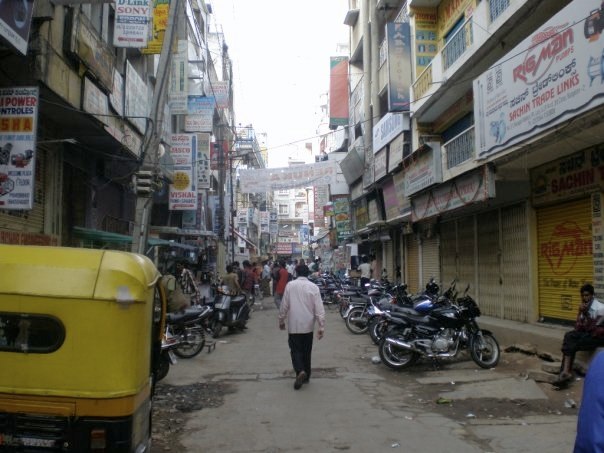Reports of Apple’s death in India are greatly exaggerated
While it is true that Apple has some work ahead of it in order to build its business in India where low cost Android devices are devouring market share, reports that the company is losing the market there are grossly oversimplified.
Why it matters
“India is now one of our fastest growing markets. In the first three quarters of this fiscal year, our iPhone sales in India were up 51 per cent year-on-year,” said Apple CEO Tim Cook during the most recent financial call. Apple already claims to support over 640,000 iOS app developer jobs and other positions related to the iOS ecosystem.
That this is followed a few weeks later by a Strategy Analytics report claiming Apple’s iPhone market share had collapsed is inevitable, but it’s a blip. Apple will launch new devices next month, but in the far longer term it is already putting in place an extensive range of strategic plans designed to build a sustainable business there.
India accounts for just 1 percent of global iPhone sales and Apple holds just around 1 percent of the mobile market there. India is expected to buy around 139 million smartphones this year, mostly cheap Android devices costing less than $150.
So, what is Apple doing to build business in India?
Retail
The plans extend to retail. Apple intends opening a chain of retail outlets across India, though these plans have once again been delayed pending government approval. India’s regulators had blocked plans, demanding 30% of the goods sold in these stores be locally sourced. However, just weeks ago India relaxed these rules and the first local Apple retail stores won’t be far behind. “We’re looking forward to opening retail stores in India down the road, and we see huge potential for that vibrant country,” said Cook during the most recent financial call. We already know how effective Apple Retail stores openings are at getting consumers excited enough to purchase Apple products.
Manufacturing
To reduce the local cost of devices and cut out any import tax, Apple partner, Foxconn, is investing billions in building a factory in India’s Maharashtra, apparently to make Apple products.
Refurbs
To try to deliver smartphones at prices the local market can afford, Apple hopes to bring pre-owned iPhones into India to sell as refurbished devices. CMR analyst Faisal Kawoosa says it could sell up to four million iPhones in India with this attempt, but Apple has been unable to convince regulators to permit it.
Think global, act local
It’s not just about local sales. Apple can also make money from India by harnessing the country’s huge talents to build products to support its global operations.
With this in mind the company has announced two key attempts:
Opening a huge iOS development center in Bangalore and a new Apple Maps office in Hyderabad. “The talent here in the local area is incredible and we are looking forward to expanding our relationships and introducing more universities and partners to our platforms as we scale our operations,” said Cook.
And don’t forget Services
You can be completely certain Apple will bring Apple Pay to India. When it does it will be in a unique position to support the offer with a range of fintech services, including peer-to-peer personal payments (coming in iOS 10).
Building a business
Building a business demands a lot more than market share. Underpinning all of Apple’s plans for decades has been the notion that the businesses it builds are sustainable. This means creating profits on every sale. It does not engage in selling products at a subsidy or discount in order to build market share, as that is not a sustainable business (though attaching service income helps).
Because it has a business that is globally sustainable, Apple can afford to spend years developing its presence in India. Sure, you can get low cost smartphone makers selling handsets for peanuts, but for all the effort of those sales are they delivering good customer experiences? Are they building customer loyalty? Do the revenues raised make the business profitable? In many cases in developing markets we already know those devices are not profitable to manufacturers, and year-by-year we see them withdraw from the market. They don’t have the money or the strategic wriggle room to continue.
A thousand years
That’s not a problem to Apple, which has the cash, clout and brand recognition to turn its India story around. Competitors should recognize the determination the company has to achieve this and accept that their businesses are about to face severe pressure. “We’re not here for a quarter, or two quarters, or the next year, or the next year,” Cook told NDTV. “We’re here for a thousand years.”
When it comes to crafting a sustainable business in India, I don’t imagine Apple will need to spend quite that long.






Indian Culture is very very patient – to the irritation of Westerners.
The Taj Mahal, India’s iconic mausoleum, took 20 years to build with more than 20,000 workers.
And Apple is also patient. As Tim Cook said, Apple is going to be in India for the next 1000 years.